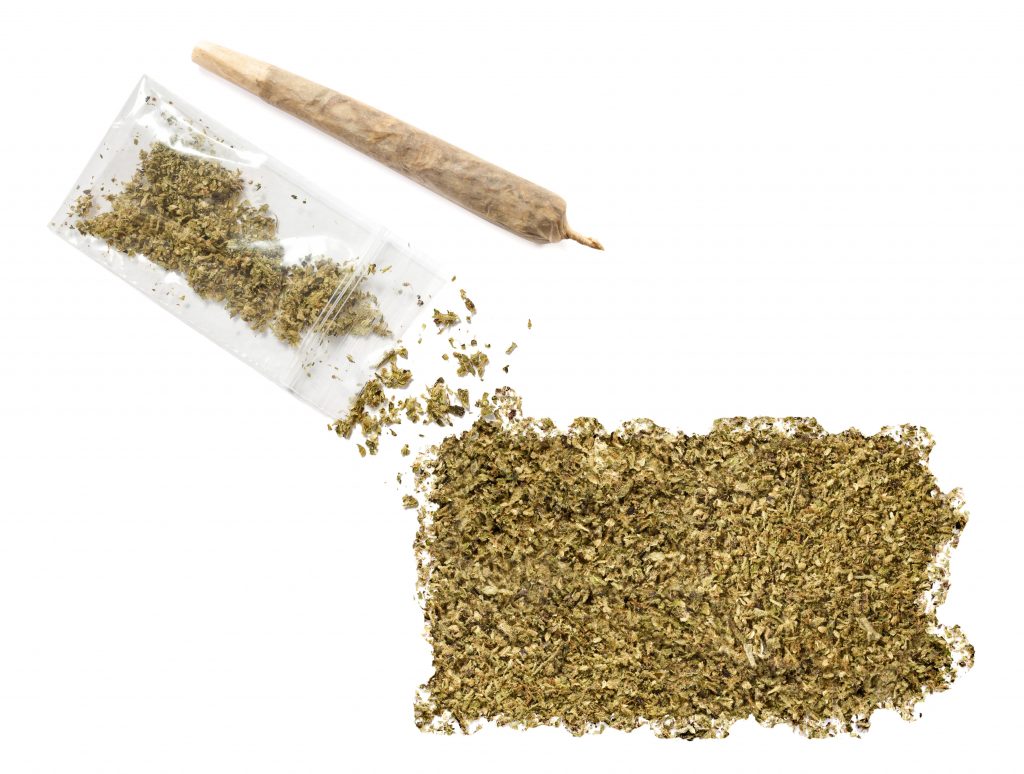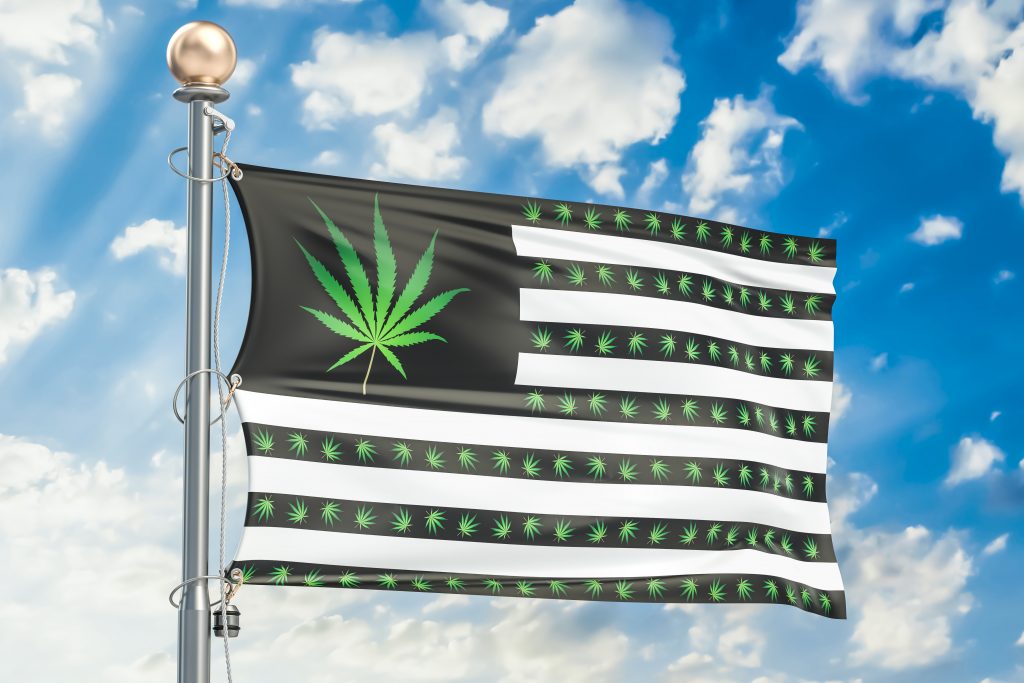18 US states have already passed recreational cannabis legalization bills, so it’s not surprising that another sometimes left-leaning state, is entertaining legislation to do the same. It was announced on September 28th, that lawmakers out of Pittsburgh introduced a new bill to legalize cannabis in Pennsylvania for recreational use.
States are dropping left and right, with a new bill to legalize cannabis in Pennsylvania for adult-use. This means PA would join neighbors NY and NJ as a legal state. This massive expansion of the cannabis world has led to more products available for users. Compounds that were unheard of before, like delta-8 TH, THCA, and CBN, are all now available for use. If you’re looking to try something new, or re-up on your favorite products, check out our deals for delta-8 THC, and a large array of other cannabis compounds and products, as well.
Cannabis and Pennsylvania
As of right now, cannabis is illegal for recreational use in the state of Pennsylvania. Several cities do have their own decriminalization measures, like Philadelphia and Pittsburgh, both of which allow for the possession of up to 30 grams with just a $25 fine. Though this is not a statewide policy, at least 12 locations, including cities and counties, have enacted such policies.
In Pennsylvania, official state law dictates that being caught with 30 grams or less is a misdemeanor, punishable by 30 days in prison, and a fine up to $500. More than 30 grams is still considered a misdemeanor, but the prison sentence goes up to one year, and the fine as high as $5,000. While first-time offenders can be eligible for a conditional release, for offenses after this, the penalty can be doubled.
Sale and supply crimes involving 30 grams or less are considered misdemeanors, and punishable by 30 days in jail, and up to $500 in fines. Amounts over 30 grams incur a felony change, along with up to five years in prison, and $15,000 in fines. The law allows for maximum fines to be increased to the point of collecting all profits from a drug sale. Cultivation of any number of plants is a felony charge, which comes with up to five years prison time, and $15,000 in fines. Even possession of paraphernalia is a misdemeanor crime, incurring jail sentences of up to a year, depending on circumstances, as well as fines of up to $5,000.

Pennsylvania does have a comprehensive medical cannabis program, signed into law on April 17th, 2016, as Senate Bill 3. Obtaining medical cannabis requires a doctor’s prescription, and 17 different ailments are covered for cannabis use. The law instituted a regulated system for the sale of products through dispensaries, and set up a 5% tax rate to be imposed between growers, processors, and dispensaries. The bill does not allow for any kind of home-growing, even for the sick.
Pittsburgh lawmakers introduce bill to legalize cannabis in Pennsylvania
Two Pittsburgh democrats, State Representatives Jake Wheatley and Dan Frankel from Pittsburgh, recently put forth House Bill 2050, a bill to legalize cannabis in Pennsylvania for adult-use. The bill seeks to legalize the purchase and use of cannabis for those 21 years of age and above. In a September 28th press statement, Wheatley stated:
“I’m once again championing the effort to legalize adult-use recreational cannabis in Pennsylvania. We’ve heard from residents across the state, and the overwhelming majority agree it’s time to pass this initiative.”
Should this bill pass, it would set up a permit process for prospective growers, producers, and dispensaries. The tax rate introduced by the bill, I believe, reflects the growing issue that regulated markets have in competing with black markets. An issue that has led to a recent bailout of California’s cannabis industry. The tax rate would start out at a more reasonable rate of 6% for the first two years, go up to 12% for the following two years, and then all the way up to 19% starting year five.
Wheatley, who introduced a similar measure last year under the same name, pointed out how the bill would address ‘historical harms’, stating, “Not only would it create jobs and generate much-needed revenue, but it contains important social justice provisions that would eliminate the aggressive enforcement of simple marijuana possession laws in marginalized communities.”
As a part of this, the bill also includes a provision to expunge the criminal records of non-violent drug offenders, as well as calling for the release of currently incarcerated non-violent drug offenders. How far the bill will go to provide first opportunity licenses to those who have suffered due to the war on drugs, or been persecuted for simple cannabis crimes, was not immediately made clear.

Previous efforts to legalize cannabis in Pennsylvania
This bill is not the first inkling that Pennsylvania is ready for some change when it comes to cannabis. The state government has already passed some laws, and proposed others, that show a definite leaning in the direction of marijuana reform. The PA Democratic State Committee adopted a platform position in 2017 that states cannabis is not dangerous enough to require being controlled through the Controlled Substances Act. It calls on the State’s democratic party to support the dismissal of prohibition measures.
Then in 2018, Governor Tom Wolf, the same governor to sign the medical cannabis law, also signed House Bill 163, which repealed a federal policy called “Smoke a joint, lose your license”, in which possession of cannabis is punished by a mandatory drivers license suspension of six months. The federal law was enacted in 1990, and encourages state governments to suspend drivers licenses for six months for those caught for drug offenses. A lot of states passed their own laws around that time, including Pennsylvania. HB 163 ended this practice for the state.
Wolf took it a step further in September 2020, when he, and Lieutenant Governor John Fetterman, put together a press conference specifically to reinforce their support of the creation of a cannabis legalization bill. At the time, Wolf stated, “Now more than ever, especially right in the middle of a pandemic, we have a desperate need for the economic boost that the legalization of cannabis could provide.”
For his part, Fetterman made the astute observation that “40 percent of our population will live within a 30-minute drive or less of legal marijuana”, saying that it’s better to have Pennsylvanians shop locally, then to have New Jersey take the economic benefit. It should be remembered that PA borders both New York and New Jersey, both legalized states. On October 13th, 2020, Wolf made yet another plea in Monroe County for the same thing.
The current recreational cannabis situation in the US
If the Pittsburgh bill to legalize cannabis in Pennsylvania goes through, it would join 18 other states, the District of Colombia, and the territories Northern Mariana Islands (since 2018), and Guam (since 2019) as being a recreationally legalized location. The last state to adopt such a policy, was back in June, 2021, when Connecticut passed Senate Bill 1201 to open an adult-use cannabis market in that State.
This has been a busy year for recreational cannabis legalizations, as New York and New Mexico also legalized recreational cannabis in March and April respectively, literally passing the legislation 24 hours apart. And this after New Jersey, Arizona, Montana, and South Dakota passed legalization laws through ballot measures in the 2020 elections, still less than a year ago.

The funny thing is that Pennsylvania isn’t even one of the states that has been mentioned as a state to legalize next. Apart from PA, there are several other states that are also getting close to their own legalizations, like Rhode Island, Minnesota, and Hawaii. Rhode Island has a bill working its way through congress which has the support of both the Senate and Governor, and which has already passed the Senate.
Minnesota has HF 600, which is working its way through that state’s congress. The House is expected to pass it, but the republican-led senate might be an issue, leading many to believe that governor Tim Waltz – who supports legalization, will put it on a ballot measure in 2022. Hawaii is also very close, with a congress all for it, but a governor who is not. David Ige has repeatedly vetoed cannabis bills that passed the legislature, and is expected to veto two more. Since Ige is expected to leave office in 2022, a legalization is likely to follow soon after.
Conclusion
Pennsylvania has often been considered a swing state, with its bigger cities like Philadelphia and Pittsburgh being the democratic strongholds, and the places in between known more for their conservatism. While cannabis legalizations have mostly followed along party lines, with democratic states being more likely to legalize, this has been changing with the times, exemplified by a republican-led medicinal marijuana bill in North Carolina.
At another time in history this PA bill might have stood less of a chance of passing, but in these changing times of cannabis-friendliness, it seems pretty likely to go through. The US itself is already working two separate bills through Congress, the MORE Act, and the Cannabis Administration and Opportunity Act, to decriminalize and legalize respectively. So the idea this new bill to legalize cannabis in Pennsylvania wouldn’t go through, seems like an idea of the past. Perhaps Pennsylvania will be #19.
Welcome to CBDtesters.co, the #1 location for the best and most relevant cannabis and psychedelics-related news globally. Stop by the site on a daily basis to stay aware of what’s going on in the fast-paced universe of legal drugs and industrial hemp, and remember to sign up for our newsletter, so you never miss a single thing.
Disclaimer: Hi, I’m a researcher and writer. I’m not a doctor, lawyer, or businessperson. All information in my articles is sourced and referenced, and all opinions stated are mine. I am not giving anyone advise, and though I am more than happy to discuss topics, should someone have a further question or concern, they should seek guidance from a relevant professional.









